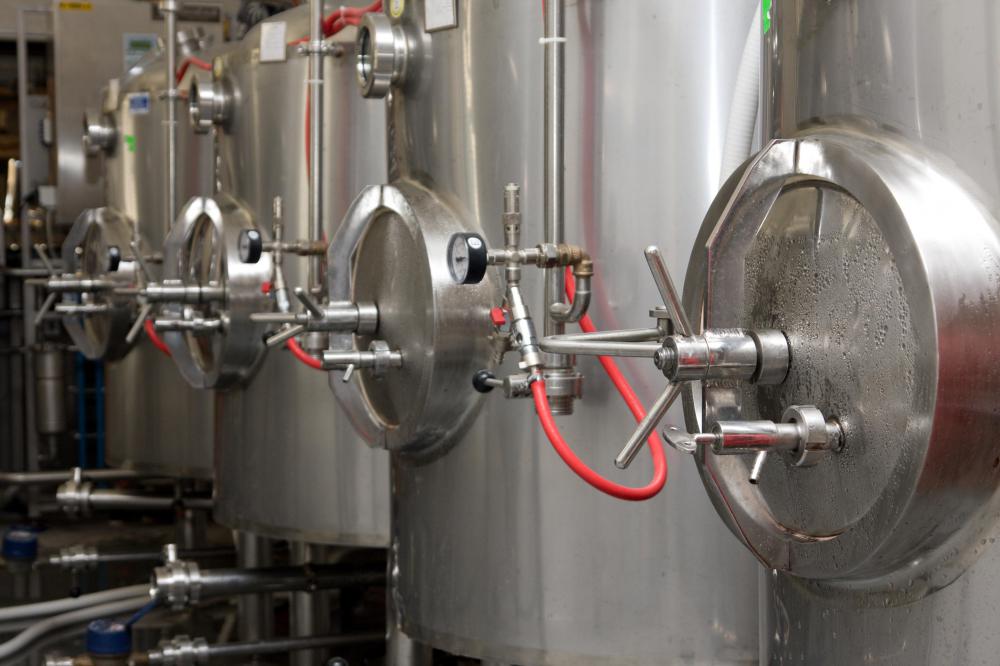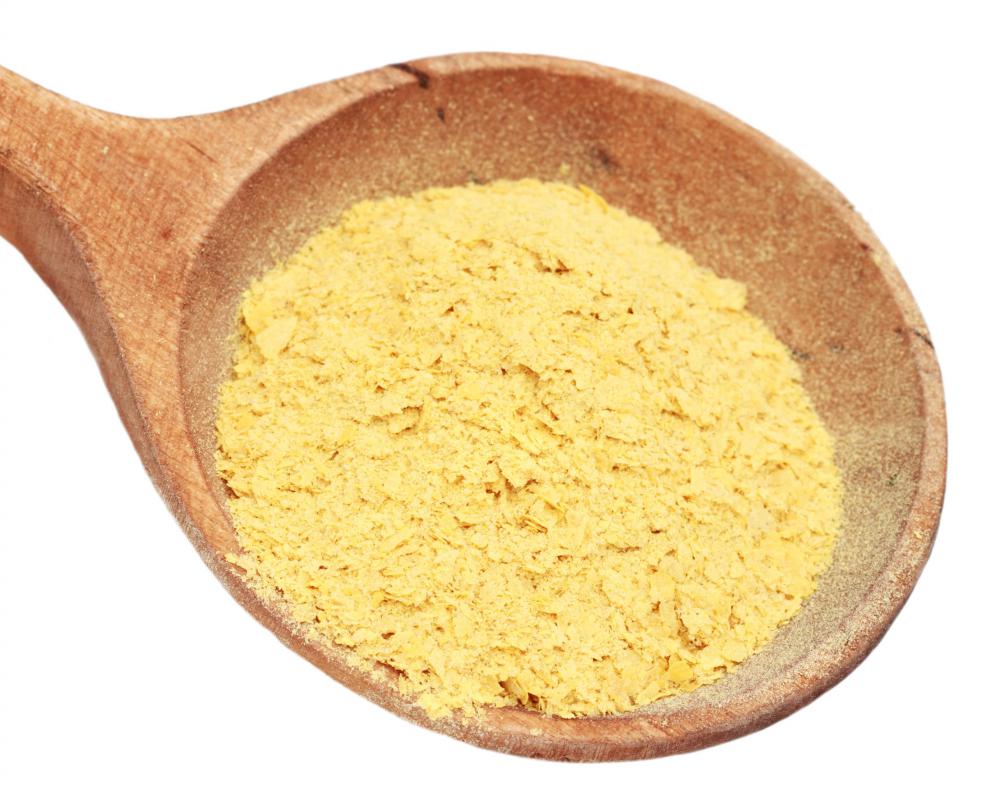At WiseGEEK, we're committed to delivering accurate, trustworthy information. Our expert-authored content is rigorously fact-checked and sourced from credible authorities. Discover how we uphold the highest standards in providing you with reliable knowledge.
How Do I Choose the Best Brewer's Yeast for Beer?
Brewer's yeast for beer helps to convert sugars into alcohol during the brewing process. There are many different strains of brewer's yeast available, each of which imparts different characteristics to the beer. When choosing a brewer's yeast for beer, you need to consider the type of beer you are making for it will be influenced by the type of yeast fermentation, the flavors the yeast imparts, the flocculation level of the yeast, and its attenuation capabilities.
Yeasts with different fermenting characteristics make different types of beer. Top-fermenting yeasts, for example, are those that tend to form a foam on the surface of the liquid during fermentation before settling. This type of brewer's yeast for beer usually makes ales, wheat beers, and stouts. Bottom-fermenting yeasts are those that do not form a top foam during fermentation. Brewers use this type of yeast for lagers, including Pilsners, Dortmunders, and Bocks.

You should also choose a brewer's yeast for beer based on the flavor characteristics that you want to impart to the finished product. Different strains of yeast impart different tastes. Strains intended for American ales, for example, tend to produce a cleaner, slightly fruity taste, while strains for English-style ales tend to produce a maltier, sweeter end product. The by-products of the yeast provide the variety of flavors and produce tastes that range from fruity to spicy to medicinal. Think about what flavors you want your beer to have and which you want to avoid when choosing your yeast.

Flocculation is the ability of the yeast to clump together and settle in the beer. The type of brewer's yeast for beer that you choose should again have flocculation qualities suitable to that particular style of beer. Yeasts have this characteristic with low, medium, and high capabilities. Ales, for example, usually include yeasts with medium to high flocculation, while lagers tend to incorporate strains with low to medium capabilities.

Attenuation is the conversion of the sugar to alcohol. This characteristic affects the final gravity of the beer. The lower the attenuation capabilities of the yeast, the higher the gravity, and the sweeter the final product will be. Strains of yeast come in low, medium, and high for this characteristic. The best way to choose an appropriate brewer's yeast for beer is to purchase a kit as this will include the proper yeast for that style of beer; otherwise, speak to a local brewer — practical experience often lends the best advice.
AS FEATURED ON:
AS FEATURED ON:














Discussion Comments
I would like to know the nutritional benefits or role of brewers yeast in the diet formulation of feeds for cultured shrimp and fish.
Post your comments